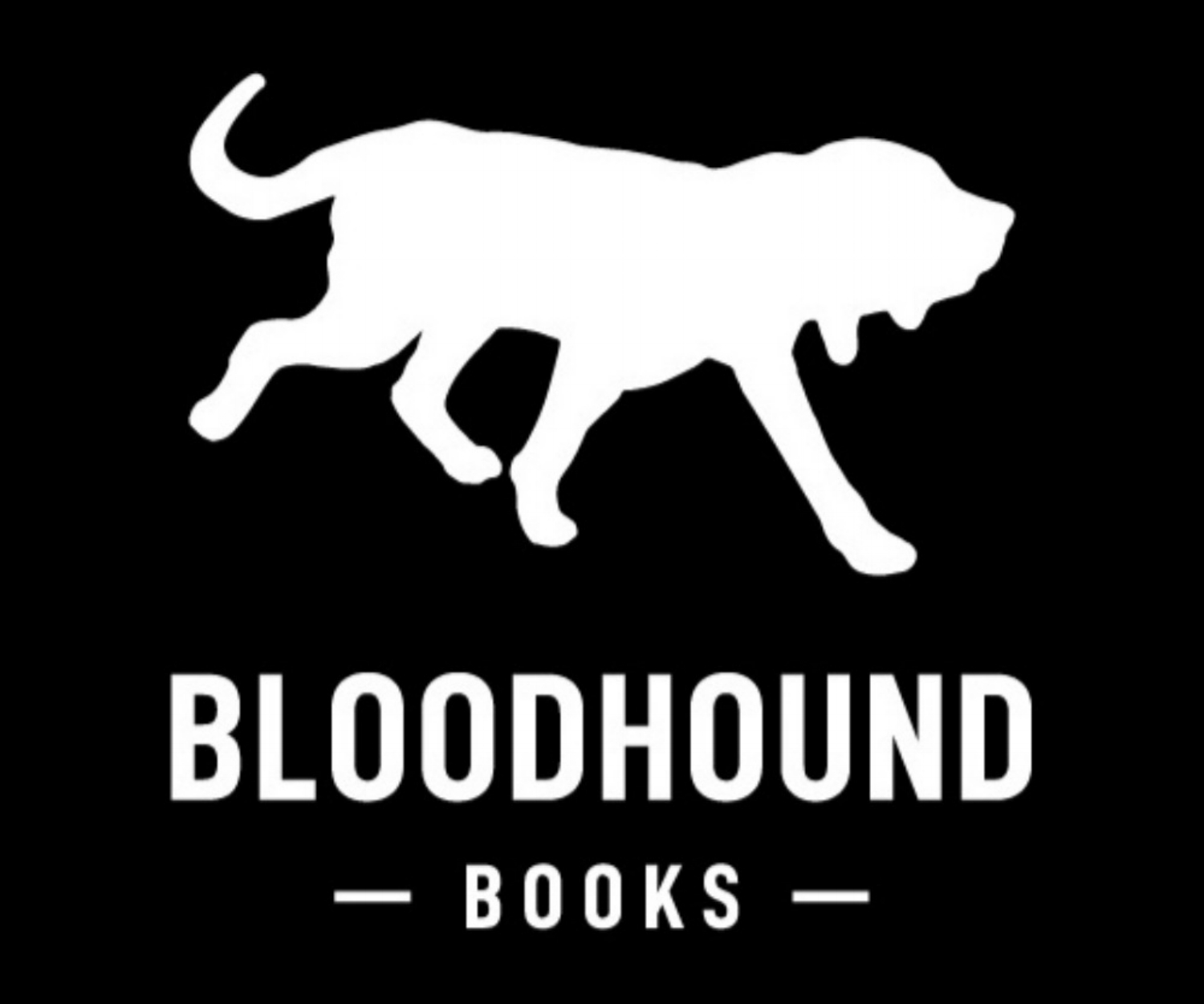Leigh Russell on changing genre
In the run-up to the release of Leigh Russell’s new dystopian novel, Rachel’s Story, the author discusses her decision to write in a new genre.
I never set out to be a writer. Always an avid reader, one day an idea for a story occurred to me and I started to write it down. Having started, I couldn’t stop. That was over ten years ago, and not a day has passed since then when I haven’t spent time writing. My first idea was for a crime novel - a murder story - and that one idea has now grown into a twenty-book series, with fifteen titles published so far, as well as a spin-off trilogy. The books have sold over a million copies. But if you had asked me the day before I started writing my first crime novel whether I wanted to be published, I would have answered “No”, because I wasn’t a writer.
Writers are wordsmiths. We spend our time playing with words, seeing how we can use them to communicate in our absence. But ideas as well as language inspire the books we write, and these ideas can pop up unbidden from all sorts of places. So when a character from the future slipped into my mind and started whispering her story in my ear, I was intrigued and felt compelled to follow her and see where she led. The world my protagonist, Rachel, inhabits is very different to the world I know. It was fascinating to explore how she faces the challenges of living in a post-apocalyptic world.
At this point you might wonder why a successful crime writer would choose to spend time writing a dystopian novel. But we never really choose the books we write; the stories find us. That said, my reading has never been limited to one genre, so why should my writing be circumscribed? The books I’ve read so far this year range from Mervyn Peake’s weird surreal fantasy Gormenghast trilogy, to The Other Bennett Sister by Janice Hadlow, an entertaining period romance which tells the story of Mary, the plain sister of Lizzie and Jane in Pride and Prejudice. Other books I’ve read recently have been just as diverse, from The Monk, a strangely compelling eighteenth century Gothic novel by Mathew Gregory Lewis, to the twenty-first century crime novel, The Cuckoo’s Calling, in which Robert Galbraith introduces her engaging private investigator Cormorant Strike.
Since my reading is so wide ranging, I like to think my writing can be varied as well. Hopefully I’m not overreaching myself in attempting something so different to my crime novels. I suspect all writers enjoy flexing their writing muscles by exploring different kinds of narratives from time to time. It’s an exciting challenge to step outside your comfort zone, a challenge that is both daunting and exhilarating. Having written twenty-five crime novels, of which twenty are police procedurals, and two are psychological thrillers published by the amazing Bloodhound Books, writing a dystopian novel was a complete departure for me, and a real venture into the unknown. I can confess that I loved every minute spent writing the story!
As for where the particular ideas for this dystopian novel came from, they are impossible to pin down to any one influence. Ideas spring from the most unlikely sources. One strand of the story occurred to me while I was watching a small child being introduced to solids and tasting different foods for the first time. In fiction we have the opportunity to discover new and different worlds, but to small children the real world is constantly novel and exciting. Perhaps that’s why we writers are supposed to never grow up, because we are constantly creating and experiencing new worlds.
Although I’ve never considered myself a fan of dystopian fiction, quite a few novels I’ve read and enjoyed fall into that category. I recently rediscovered The Handmaid’s Tale, which I read when it was first published in the 1980s. The story made a lasting impression on me back then, and I was just as engrossed by it the second time.

